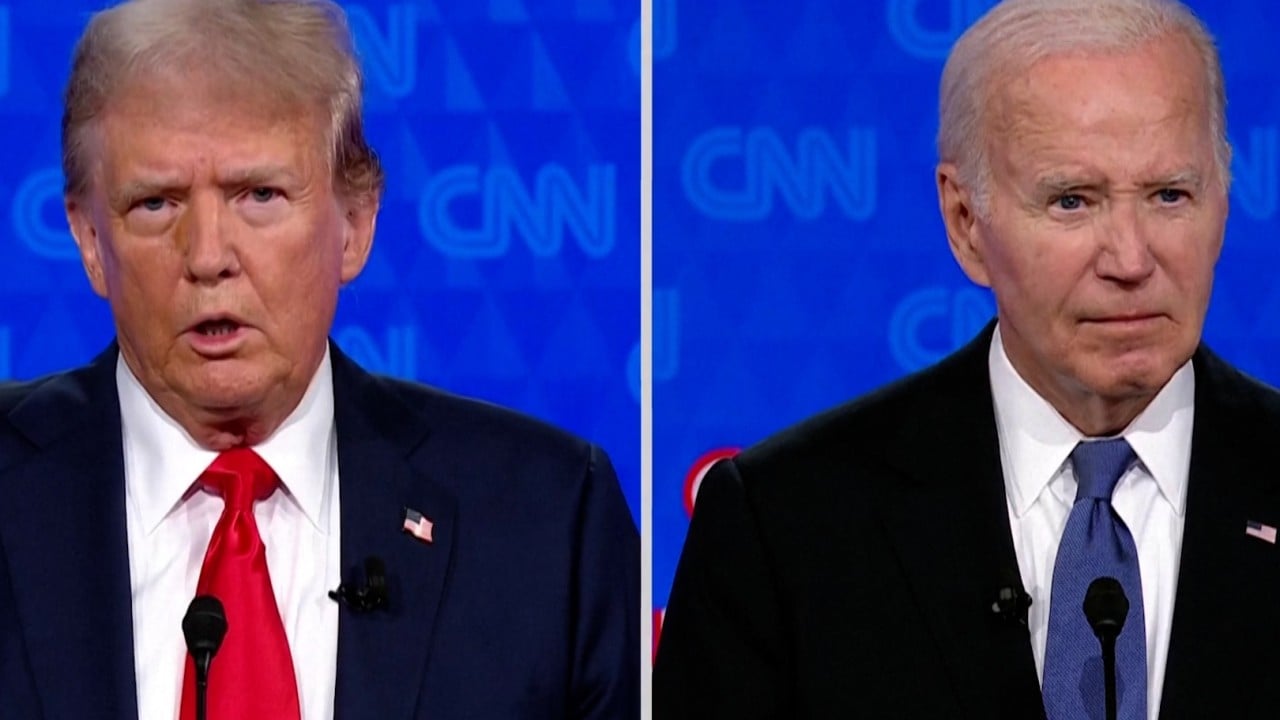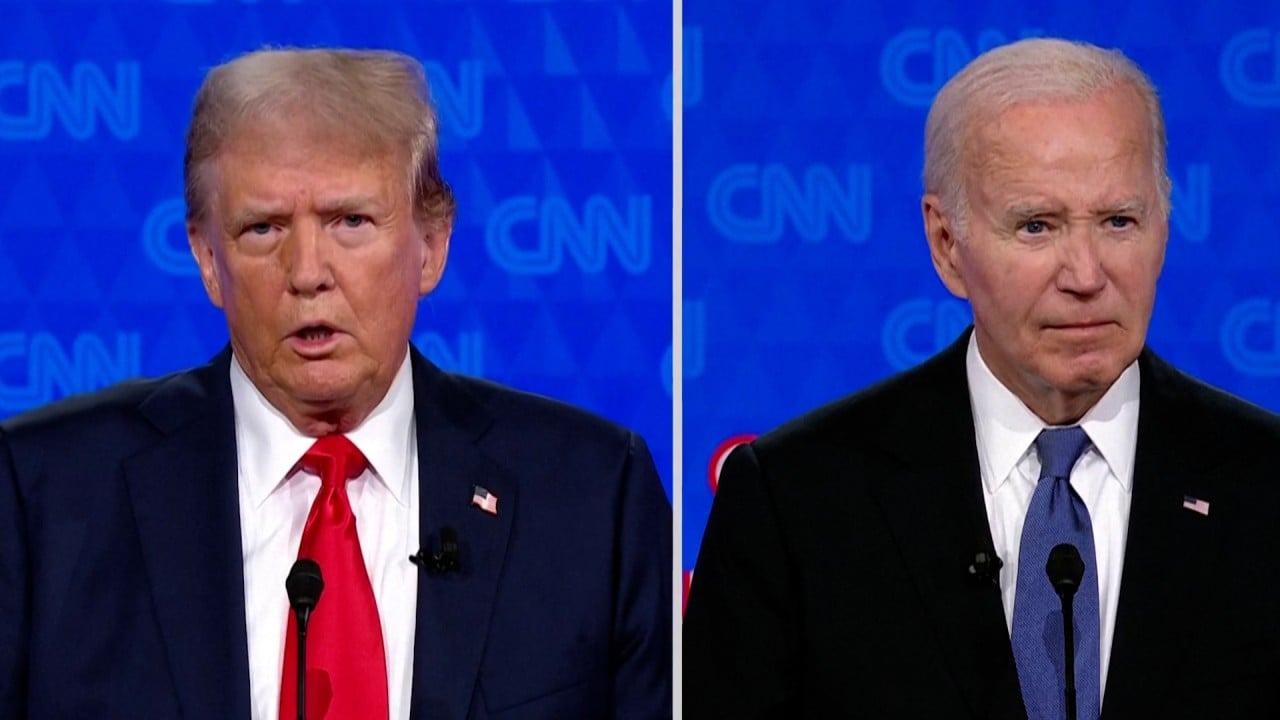Growing scepticism about US President Joe Biden’s re-election chances has European leaders heading to the Nato summit in Washington confronting the prospect that the military alliance’s most prominent critic, Donald Trump, may return to power over its mightiest military.
Nato – made up of 32 European and North American allies committed to defending each other from armed attack – will stress strength through solidarity as it celebrates its 75th anniversary during the summit starting on Tuesday. Event host Biden, who pulled allies into a global network to help Ukraine fight off Russia’s invasion, has called the alliance the most unified it has ever been.
But behind the scenes, a dominant topic will be preparing for possible division, as the power of far-right forces unfriendly to Nato grows in the United States and other countries including France, raising concerns about how strong support will stay for the alliance and the military aid that its members send to Ukraine.
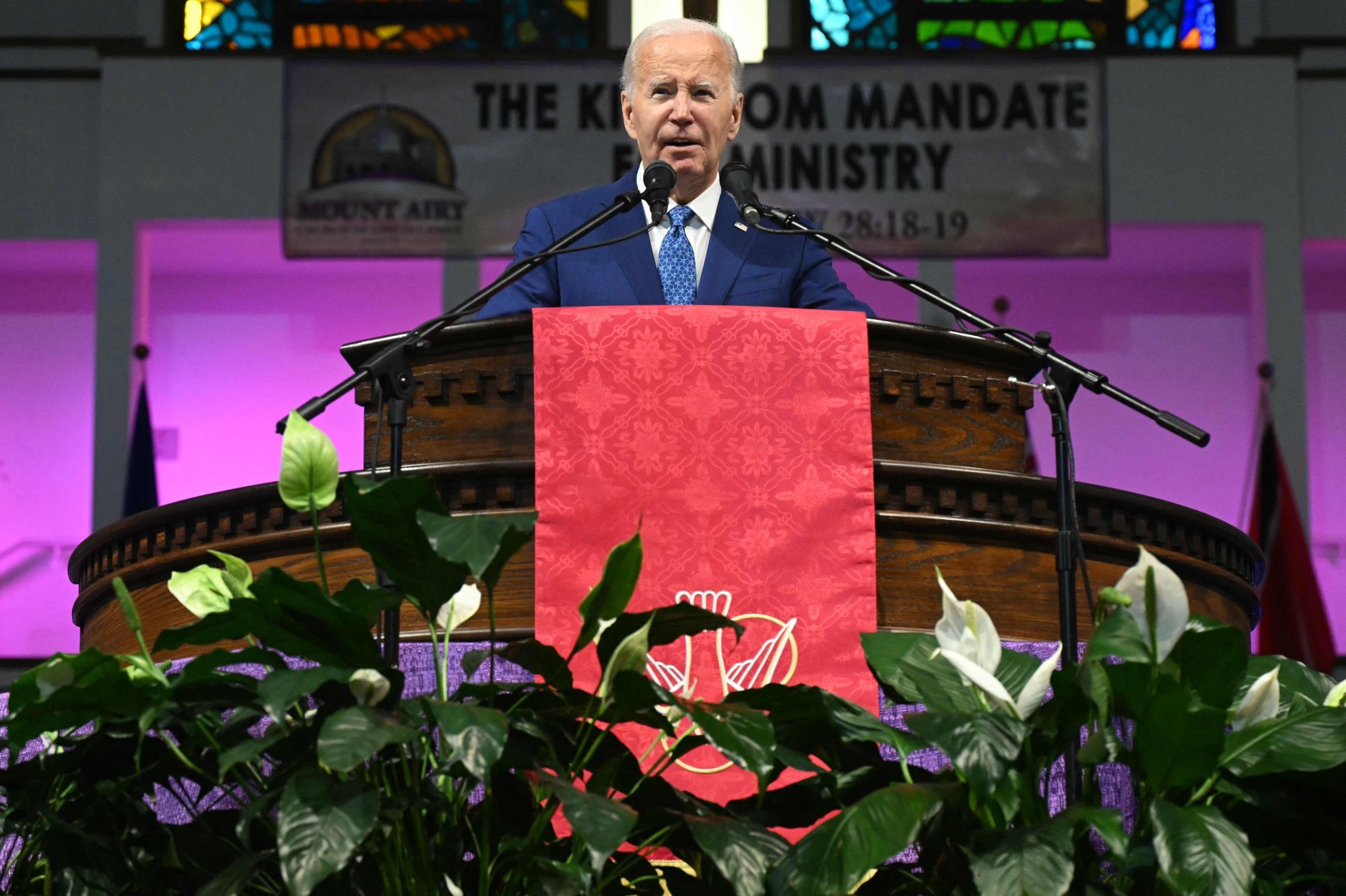
At the presidential debate, Biden asked Trump: “You’re going to stay in Nato or you’re going to pull out of Nato?” Trump tilted his head in a shrug.
Biden’s poor debate performance set off a frenzy about whether the 81-year-old president is fit for office or should step aside as the Democratic presidential candidate.
Even before the debate, European governments were deep in consultations on what they could do to ensure that Nato, Western support for Ukraine and the security of individual Nato countries will endure should Trump win back the presidency in November and temper US contributions.
Some Americans and Europeans call it “Trump-proofing” Nato – or “future-proofing” it when the political advances of other far-right political blocs in Europe are factored in.
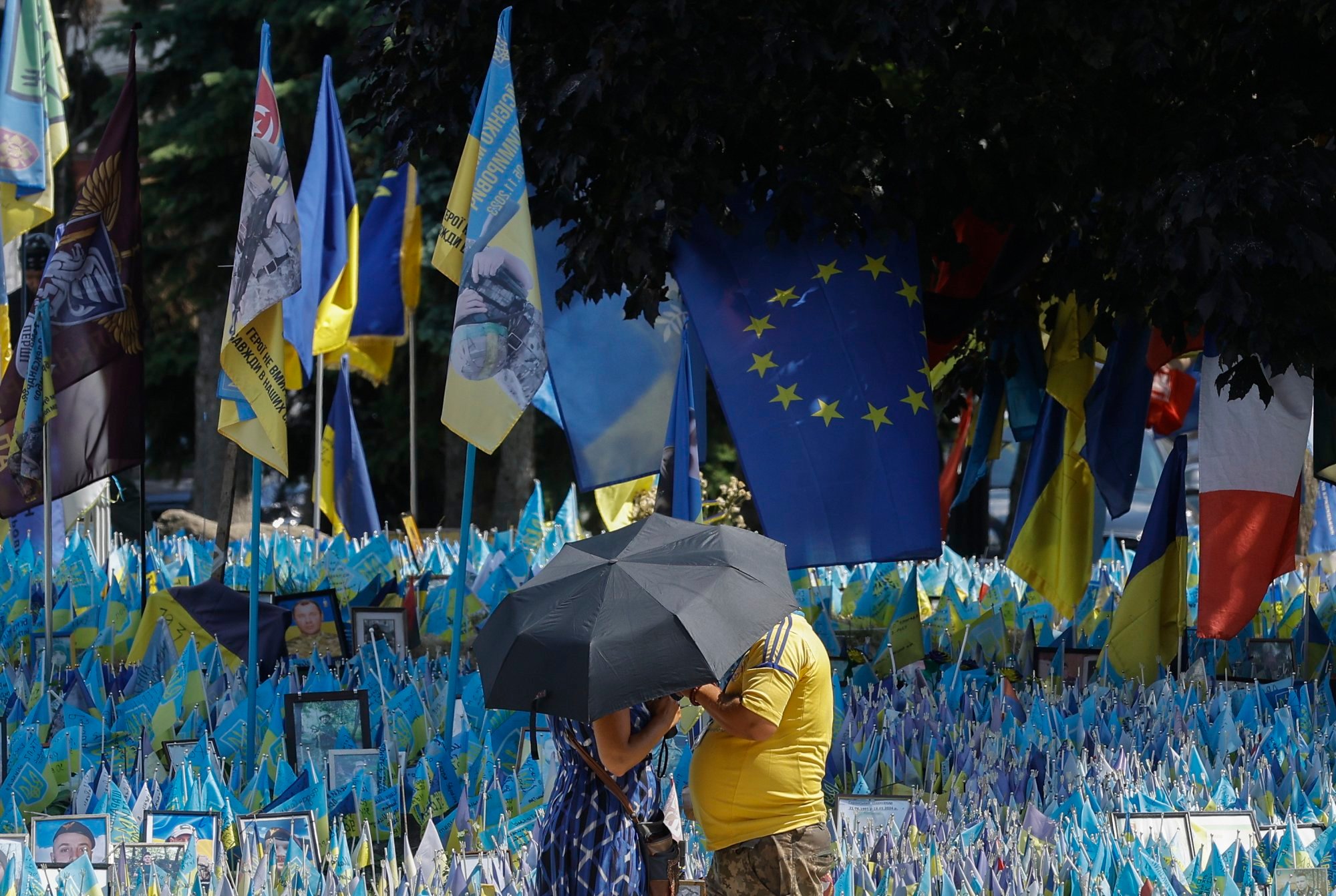
This week’s summit, held in the city where the mutual-defence alliance was founded in 1949, was once expected to be a celebration of Nato’s endurance. Now, a European official said, it looks “gloomy”.
There are two reasons for the gloom: Russian advances on the battlefield in the months that Trump-allied congressional Republicans delayed US arms and funding to Ukraine. And the possibility of far-right governments unfriendly to Nato coming to power.
The official spoke to reporters last week on condition of anonymity to discuss private conversations among governments.
Rachel Rizzo, a senior fellow on Nato with non-partisan think tank the Atlantic Council, said she had a blunt message for Europeans: “Freaking out about a second Trump term helps no one.”
For allies at the summit, she said, the key would be resisting the temptation to dwell on the details of unprecedented events in US politics and put their heads down on readying Western military aid for Ukraine and preparing for any lessening of US support.
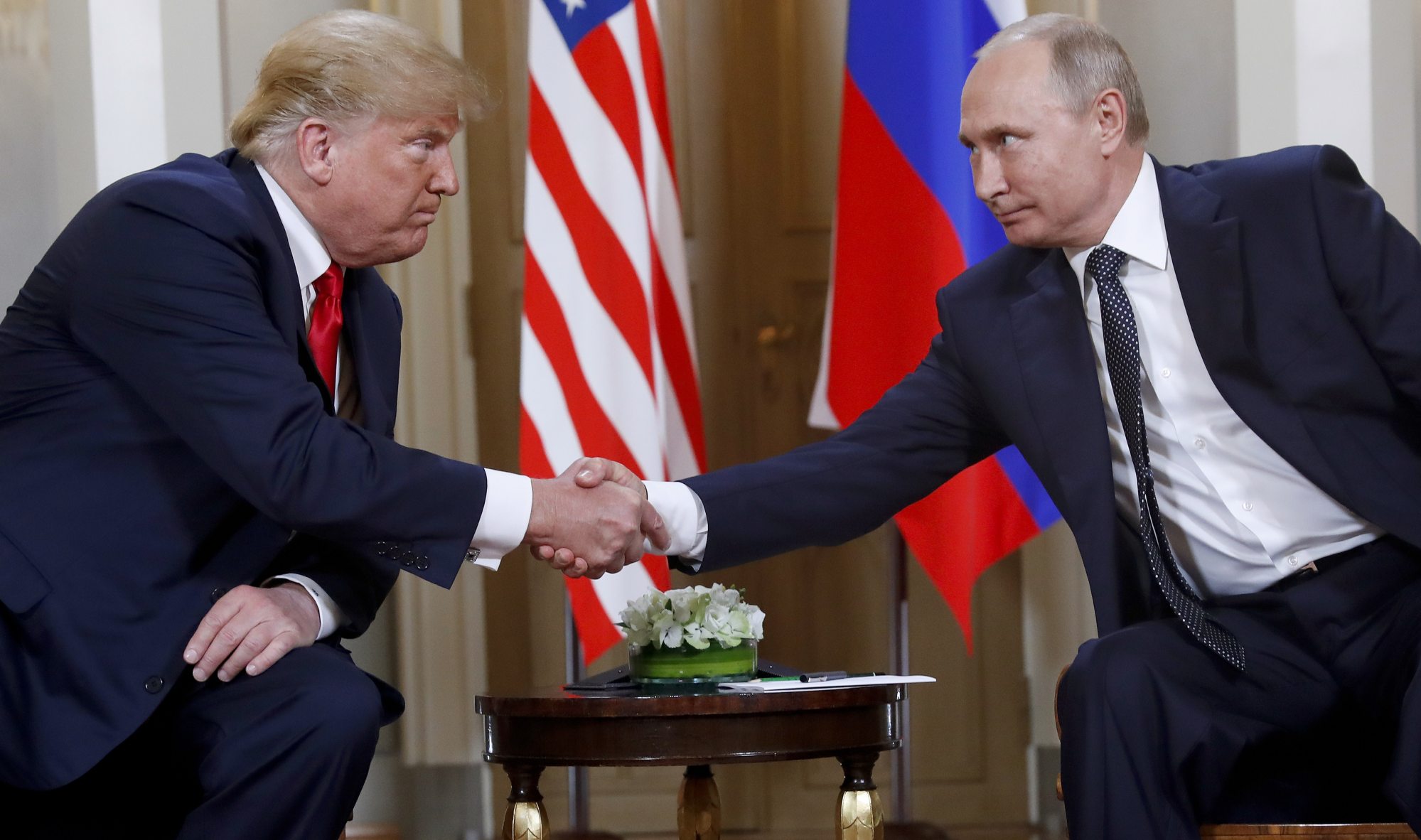
Trump, who before and after his presidency has spoken admiringly of Russian President Vladimir Putin and harshly of Nato, often focuses his complaints on the US share of the alliance’s costs. Biden himself warned nearly 30 years ago about already-steady criticism of Europeans not carrying their weight in Nato.
The 1991 collapse of the Soviet Union lulled the West into thinking the Russian threat had been neutralised, leading to military spending cuts. Now, Nato allies are bolstering their forces against any wider aggression by Putin, and a record 23 nations in Nato are meeting defence-spending goals.
Trump’s former national security adviser, John Bolton, says Trump in a second term would work to get the US out of Nato. Congress passed legislation last year making that more difficult, but a president could simply stop collaborating in some or all of Nato’s missions.
Trump’s campaign did not immediately respond to an email seeking comment.
Elections in France, likewise, appear set to bring a Nato-adverse far-right party under Marine Le Pen into greater power. Far-right forces are also gaining in Germany.
Some European officials and analysts say that is simply the rise and fall of voter allegiance in democracies, which Nato has dealt with before. They point to Poland, where a right-wing party lost power last year and whose people have been among Nato’s most ardent supporters. They also note Italy, where right-wing populist Prime Minister Giorgia Meloni has won praise as an ally.
In part in response to the US’ political upheaval, Europeans say they want to “institutionalise” support for Ukraine within Nato, lessening the dependence on the US.
European allies also failed to get enough weapons to Ukraine during the delay in a US foreign aid package, outgoing Nato Secretary General Jens Stoltenberg acknowledged in a visit to Washington last month.
That is “one of the reasons why I believe that we should have a stronger Nato role – is that role in providing the support”, Stoltenberg said.
An initiative likely to be endorsed at the summit is Nato taking more responsibility for coordinating training and military and financial help for Ukraine’s forces, instead of the US Europeans also are talking of giving Ukrainians a greater presence within Nato bodies, though there is no consensus yet on Ukraine joining the alliance.
Europeans say Nato countries are coordinating statements on Ukraine for the summit to make clear, for example, that additional Russian escalation would face substantial new sanctions and other penalties from the West. That is even if the US, under Trump, does not act.
As for Nato security overall, besides European allies upping defence spending, they are huddling on defence strategies that do not rely as much on the US. There is also growing emphasis on ensuring each country is capable of fielding armies and fighting wars, the European official said.
The possibility of a less dependable US partner under Trump is generating discussions about Europeans playing a bigger role in Nato’s nuclear deterrence, according to the Poland-based Centre for Eastern Studies security think-tank. The US now plays the determinative role in the nuclear weapons stationed in Europe.
But European countries and Canada, with their smaller military budgets and economies, are years from being able to fill any US-sized hole in Nato.
“If an American president comes into office and says: ‘We’re done with that,’ there is definitely will in Europe to backfill the American role,” said John Deni, a senior fellow on security at the Atlantic Council. “The Brits would jump on it.”
But “even they will acknowledge they do not have the capacity or the capability, and they can’t do it at the speed and the scale that we can”, Deni said. “This notion that we are somehow Trump-proofing or future-proofing the American commitment – either to Ukraine or to Nato – I think that mostly is fantasy.”


